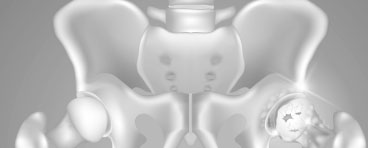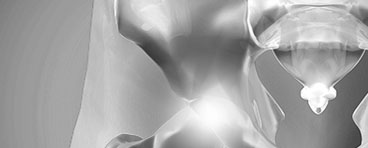Click on the links below to find out more
Total Knee Replacement
FAQs
Total Knee Replacement is a major surgical procedure that comes with it’s own set of recovery and risk factors.
When can I walk after a knee replacement?
Full weight-bearing and walking is allowed immediately after total knee replacement. Initially, this will be aided by crutches. We get all patients mobilising Day 1 after their operation on crutches.
Which implants does Dr Slattery use?
Dr Slattery only uses implants with proven long term survival on the Australian Joint Registry.
When can I drive after knee replacement?
You should not drive for at least 48 hours after an anaesthetic. After 48 hours, your ability to drive will depend on the side you had your operation, left or right, the type of vehicle you drive, manual or automatic and what type of pain relief you are taking. It is generally reasonable to drive when you are confident with walking and can fully weight-bear on your affected side. The usual recommendation is 6 weeks.
When can I work after knee replacement?
Your return to work will vary depending on the type of work you are engaged in. Most people can return to office work within 4-6 weeks. More strenuous manual work, may require 3-6 months before returning to duties.
When can I play sports after knee replacement?
Low impact activities, such as cycling (exercise bike) and hydrotherapy, can be commenced from week 2. Walking for exercise can be commenced from week 6. More strenuous activities such as tennis takes 3-4 months. Note, this is highly variable and intended as a rough guide only .
How long will I take to heal after knee replacement?
The wounds take 7-10 days to heal. Most patients improve dramatically in the first 6-12 weeks. Occasionally, there are periods where the knee may become sore and then settle again. The knee may be swollen for some time post surgery. This is part of the normal healing process. Continued improvements may be gained up to 1 year post-surgery.
How much pain will I experience after knee replacement?
Some discomfort is to be expected after major knee surgery. A local anaesthetic is injected around the wound during the procedure and a local anaesthetic catheter is placed in the wound after the procedure to minimise any pain you may experience. Knee replacements can be quite uncomfortable initially, and it is important to stay on top of your pain with medications to allow you to do your exercises and physiotherapy.
Will I beep going through metal detectors at airports?
Maybe. It depends upon the settings of the metal detector in use, some countries have higher sensitivities than others, so whilst you may not set them off in Australia you may do so overseas. Normally it is not an issue if you tell them in advance you have had a knee replacement.
My Knee clunks and clicks – is that normal?
Knee clicking/clunking is normal after total knee replacement. As the implant is made of metal and plastic it is not as tight a fit as your native knee, and there is a small amount of movement between the components which gives rise to the clunking, this is completely normal and patients usually ignore it over time.
Am I too young for knee replacement surgery?
Knee replacements have been shown to wear out at a faster in younger patients, this is due to the higher physical demands younger people place on their knees. Typically, candidates for total knee replacement surgery are aged over 50yrs.







